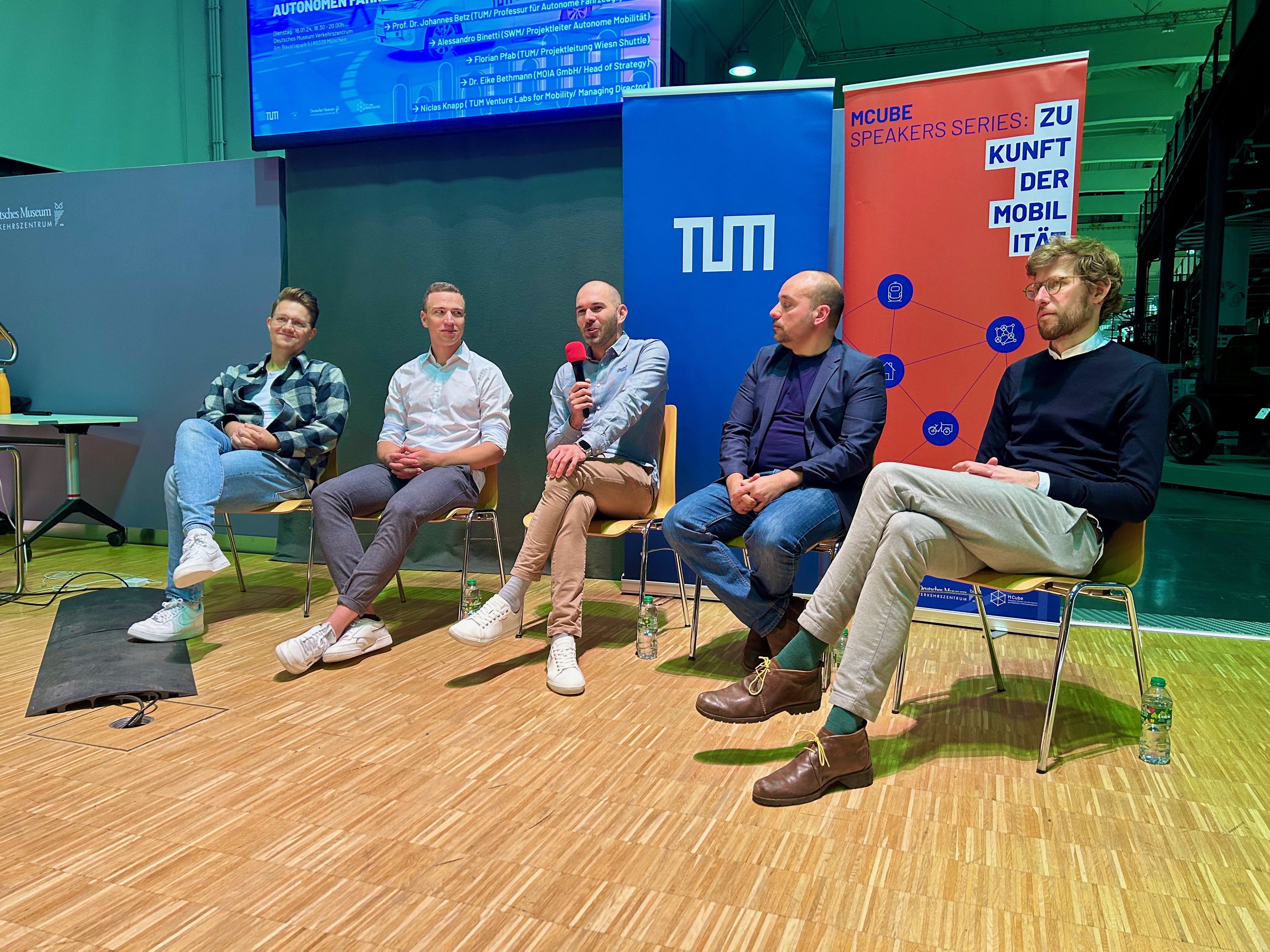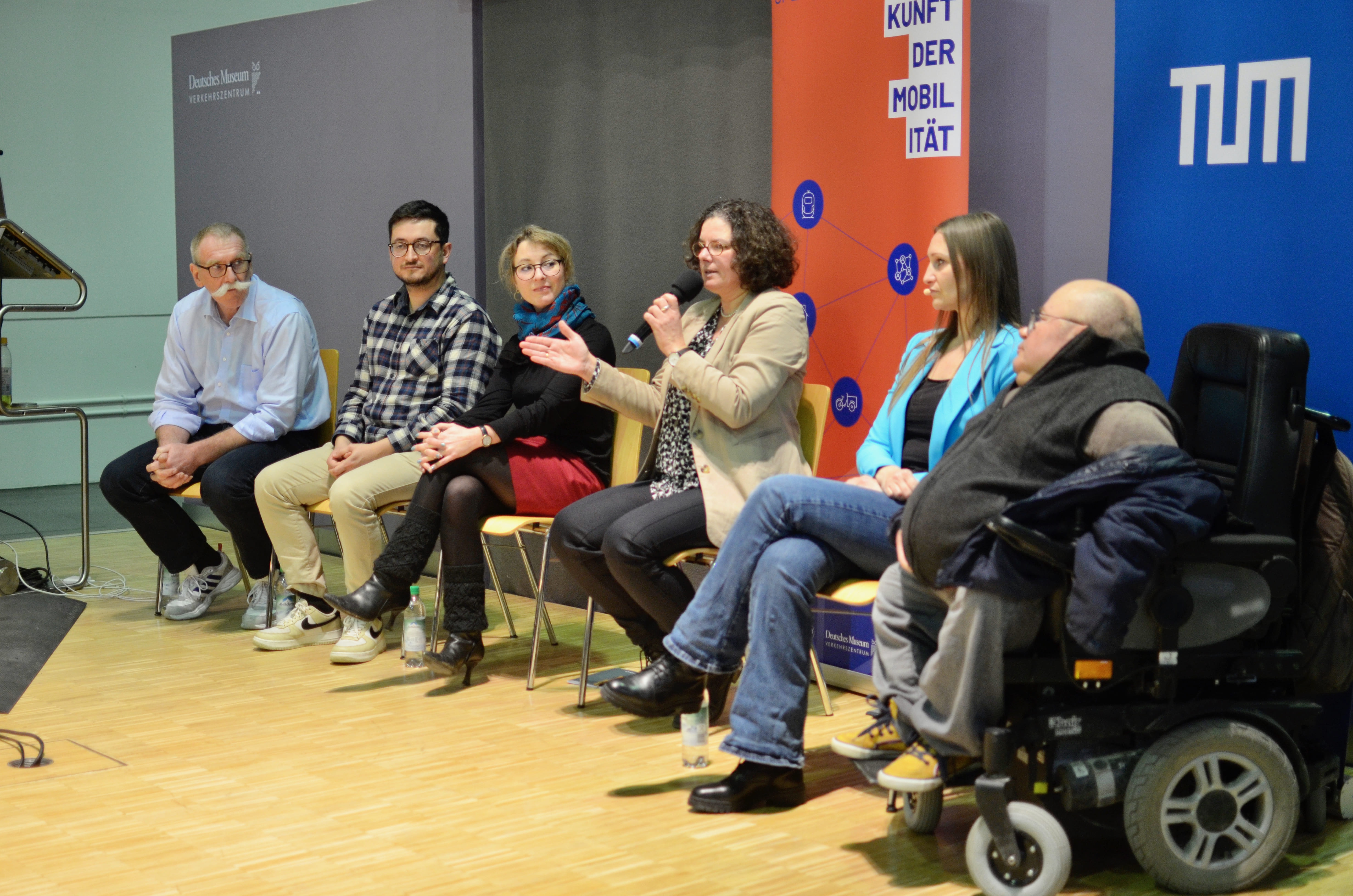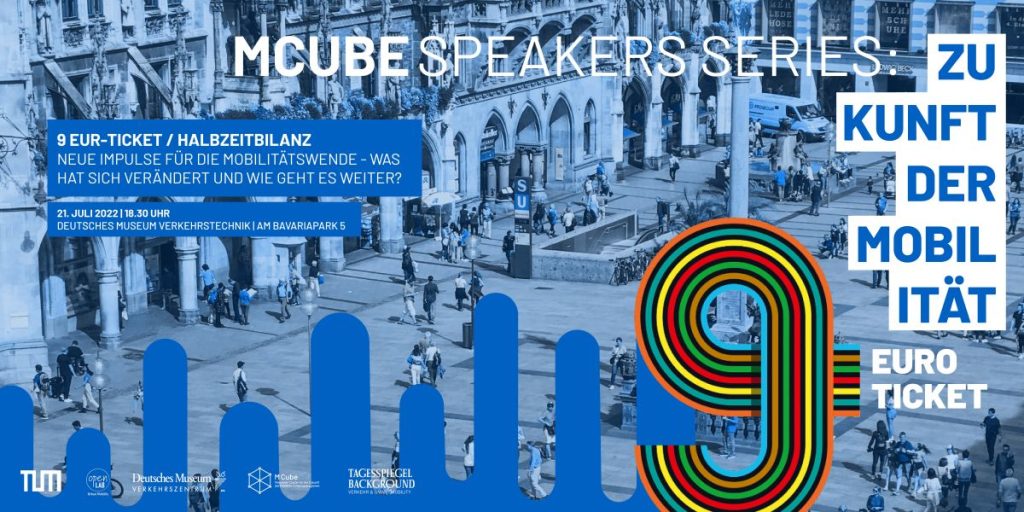
Thema: 9EUR-Ticket | Halbzeitbilanz : Neue Impulse für die Mobilitätswende – was hat sich verändert und wie geht es weiter?
- Jana Kugoth (Redaktionsleitung Tagesspiegel Background Verkehr und Smart Mobility, Tagesspiegel)
- Dr. Allister Loder (Verkehrswissenschaftler, Technische Universität München)
- Dr. Markus Siewert (Politikwissenschaftler, Hochschule für Politik München)
- Fabienne Cantner (Verhaltensökonomin, Technische Universität München)
- Nico Nachtigall (Technische Universität München)
- Lennart Adenaw (Technische Universität München)
- Moderation: Oliver May-Beckmann (Managing Director MCube)
Wann und Wo?
Donnerstag, den 21.07.2022 ab 18.30 Uhr im Deutsches Museum Verkehrszentrum
(Auditorium in Halle 3, Am Bavariapark 5, 80339 München) – Es ist ein Eintritt für das Deutsche Museum in Höhe von 3 € vor Ort zu bezahlen. Studierende sind hiervon befreit.
Anmeldung: hier
Worum gehts? Es ist Halbzeit für das 9EUR-Ticket. Mehr als 30 Mio. Fahrscheine wurden alleine im Juni verkauft – was deutlich zeigt, dass ein ÖPNV Ticket, mit dem man kostengünstig in ganz Deutschland – tarifzonen übergreifend – fahren kann, bei der Bevölkerung gut ankommt. Und auch wenn es hier und da zu den (üblichen) Verspätungen, Ausfällen und überfüllten Transportmitteln kam, so ist das befürchtete Chaos doch weitestgehend ausgeblieben. Das 9EUR-Ticket also ein voller Erfolg?
Die temporäre Einführung des 9EUR-Tickets ist ein riesiges Real-Experiment, das wichtige Aufschlüsse über das Mobilitätsverhalten der Menschen, deren Bedürfnisse und Einstellungen liefert. In der #4 SpeakerSeries „Zukunft der Mobilität“ wollen wir aus unterschiedlichen Perspektiven tiefer in die Halbzeitbilanz des 9EUR-Tickets eintauchen: Welche Wirkung hat das Angebot bei unterschiedlichen Gruppen der Bevölkerung? Wo wird das Ticket mehr bzw. weniger angenommen? Führt das 9EUR-Ticket tatsächlich zum Umstieg vom privaten Pkw auf den ÖPNV? Was sind die Menschen bereit für eine Verlängerung des 9EUR-Tickets zu zahlen?
Auf diese und andere Fragen möchte die Studie Mobilität.Leben Antworten für den Metropolraum München geben. An dem Projekt, das von Forscher*innen der Hochschule für Politik München und TU München durchgeführt wird, nehmen mehr als 1300 Bürger*innen aus München und Umgebung teil. Allister Loder und Fabienne Cantner (beide TU München) werden einen Einblick in die Studie geben, deren Daten bereits erste aufschlussreiche Ergebnisse zeigen. Wie sich diese bundesweit einordnen lassen, welche weiteren gesellschaftlichen und politischen Fragen sich ergeben und wie es mit dem 9EUR-Ticket weitergehen könnte, möchten wir dann gemeinsam mit dem Publikum und unseren weiteren Gästen – Jana Kugoth vom Tagesspiegel und Markus Siewert von der Hochschule für Politik München – diskutieren.
Folgende Expert*innen erwarten Sie:
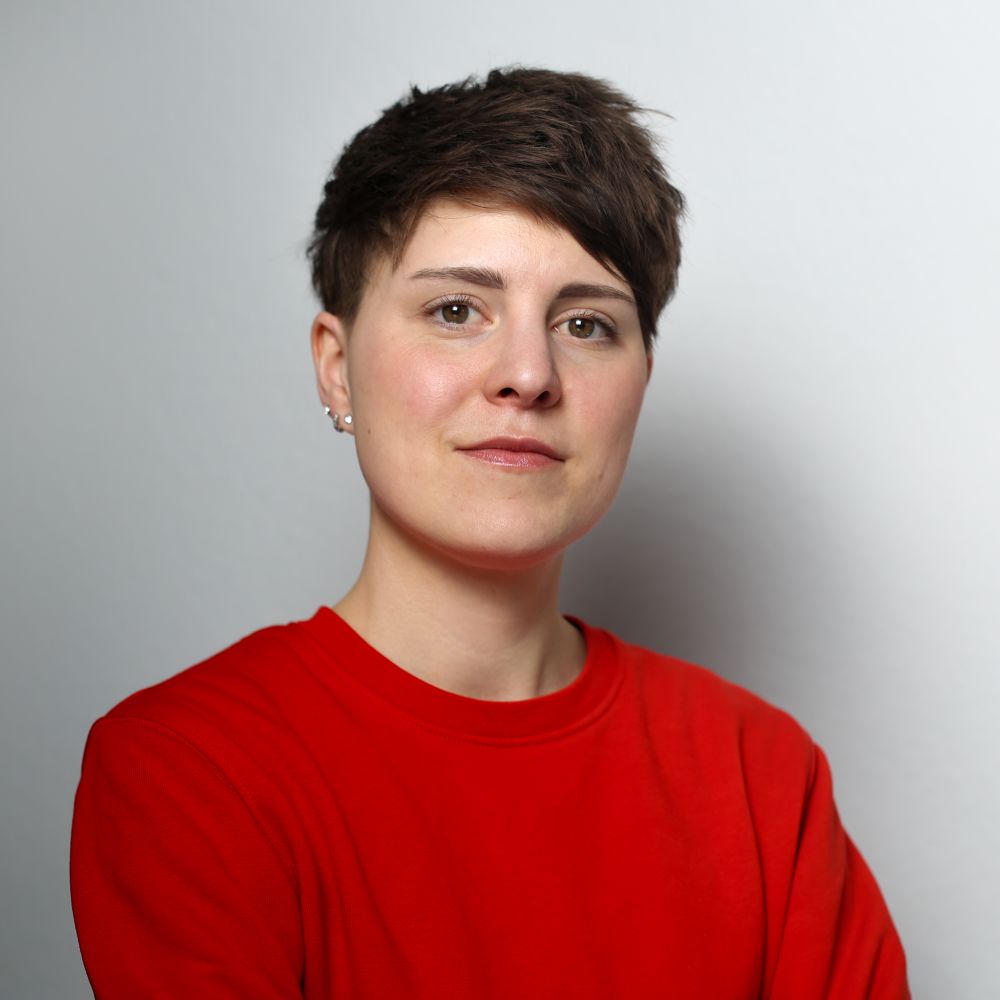
Jana Kugoth
Redaktionsleitung Tagesspiegel Background Verkehr und Smart Mobility | Tagesspiegel
„Als Werbe-Kampagne für den ÖPNV ist das 9-Euro-Ticket ein maximaler Erfolg. Ob das Lockangebot Bus und Bahn über den August hinaus zum Dauerbrenner macht, hängt maßgeblich davon ab, wie schnell die Politik und die Branche ein überzeugendes Folgekonzept vorlegen.“
Zur Person: Jana Kugoth leitet seit Sommer 2020 das Background-Team, zu dessen Gründungsmitgliedern sie gehört. Zuvor schrieb sie für das Digitalmagazin Gründerszene, vor allem über neue Geschäftsmodelle und Start-ups aus dem Mobilitäts- und Logistikbereich. Nach ihrem Studium der Medienwissenschaft, Germanistik und Bibliotheks- und Informationswissenschaft in Berlin absolvierte Jana Kugoth zunächst eine journalistische Ausbildung bei dem Berliner Wirtschafts- und Energiemagazin Bizz Energy, für das sie auch von den Weltklimakonferenzen in Paris und Marrakesch berichtete.
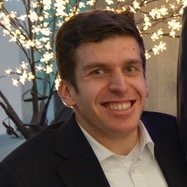
Dr. Allister Loder
Verkehrswissenschaftler | Forschungsgruppenleiter an der Professur für Verkehrstechnik | Projektleitung Mobilität.Leben
Zur Person: Allister ist Projektleiter und -koordinator von Mobilität.Leben und beschäftigt sich aus unterschiedlichen Perspektiven mit dem Mobilitätsverhalten der Menschen. Dabei liegen seine Hauptinteressen im Verständnis und der Modellierung komplexer Systeme an der Schnittstelle von Mensch, Technik und Politik. Als Forschungsgruppenleiter forscht er zu diesen Themen an der TU München am Lehrstuhl für Verkehrstechnik und Verkehrssteuerung (Prof. Dr. Klaus Bogenberger). Vor seinem Wechsel an die TU München im Jahr 2021 war er als Mobilitätsdaten- und Simulationsberater bei den Schweizerischen Bundesbahnen (SBB) tätig. Nach seinem Bachelorstudium an der TU Hamburg und Masterstudium an der ETH Zürich, promovierte Allister an der ETH Zürich im Jahr 2019 mit diversen Auszeichnungen.
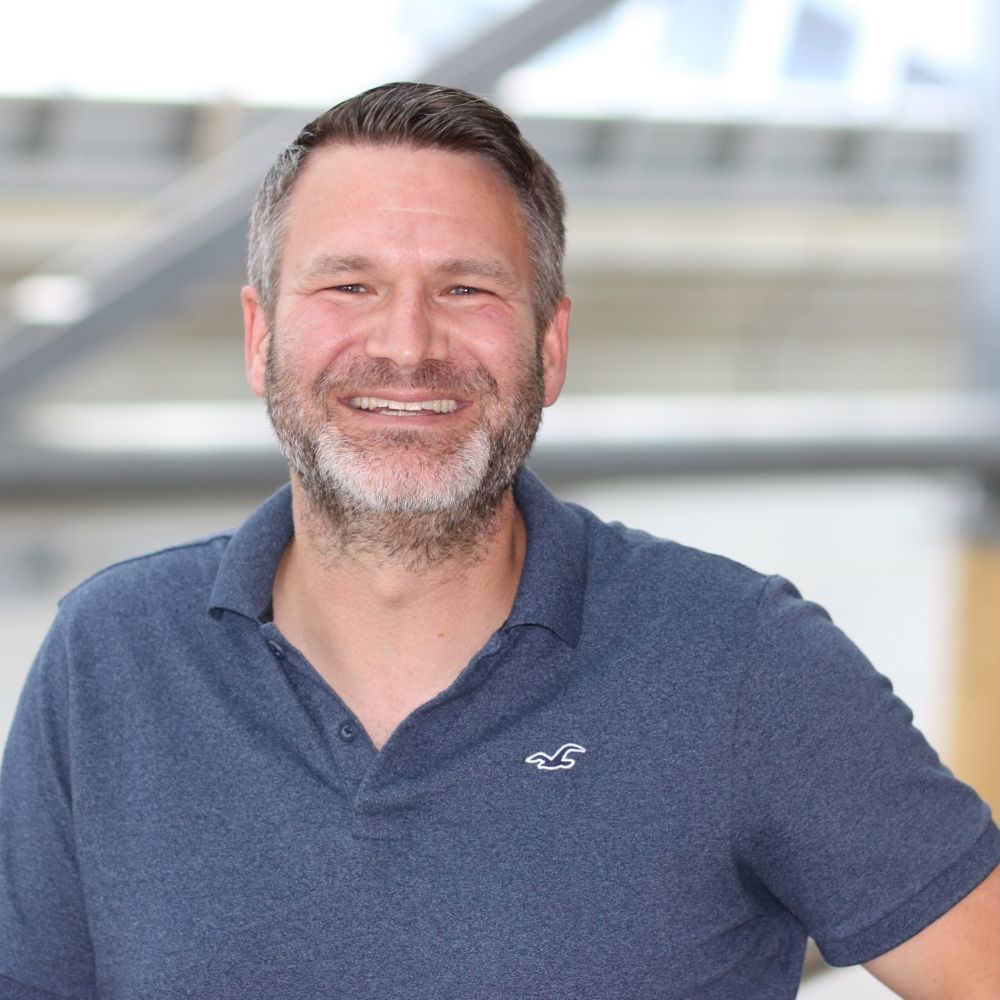
Dr. Markus Siewert
Politikwissenschaftler | Geschäftsführer TUM Think Tank | Hochschule für Politik (HfP) München
Zur Person: Markus ist Geschäftsführer des neugegründeten TUM Think Tank an der Hochschule für Politik München. Als universitärer „think-and-do-tank“ ist dieser eine Schnittstelle von Gesellschaft, Wissenschaft und Politik mit dem Ziel der (pro)aktiven Beratung und Gestaltung von Politik und Gesellschaft für eine bessere Welt von Morgen. In seiner Forschung interessiert sich Markus für sozio-politische Herausforderungen und Gestaltungsmöglichkeiten von Digitalisierung und Nachhaltigkeit. Von 2019 bis 2022 war er Wissenschaftlicher Mitarbeiter an der Professur für Policy Analysis (Prof. Dr. Stefan Wurster) an der HfP und TU München. 2017 promovierte er an der Goethe-Universität Frankfurt und studierte zuvor an der Albert-Ludwigs-Universität Freiburg Wissenschaftliche Politik und Neuere und Neueste Geschichte.
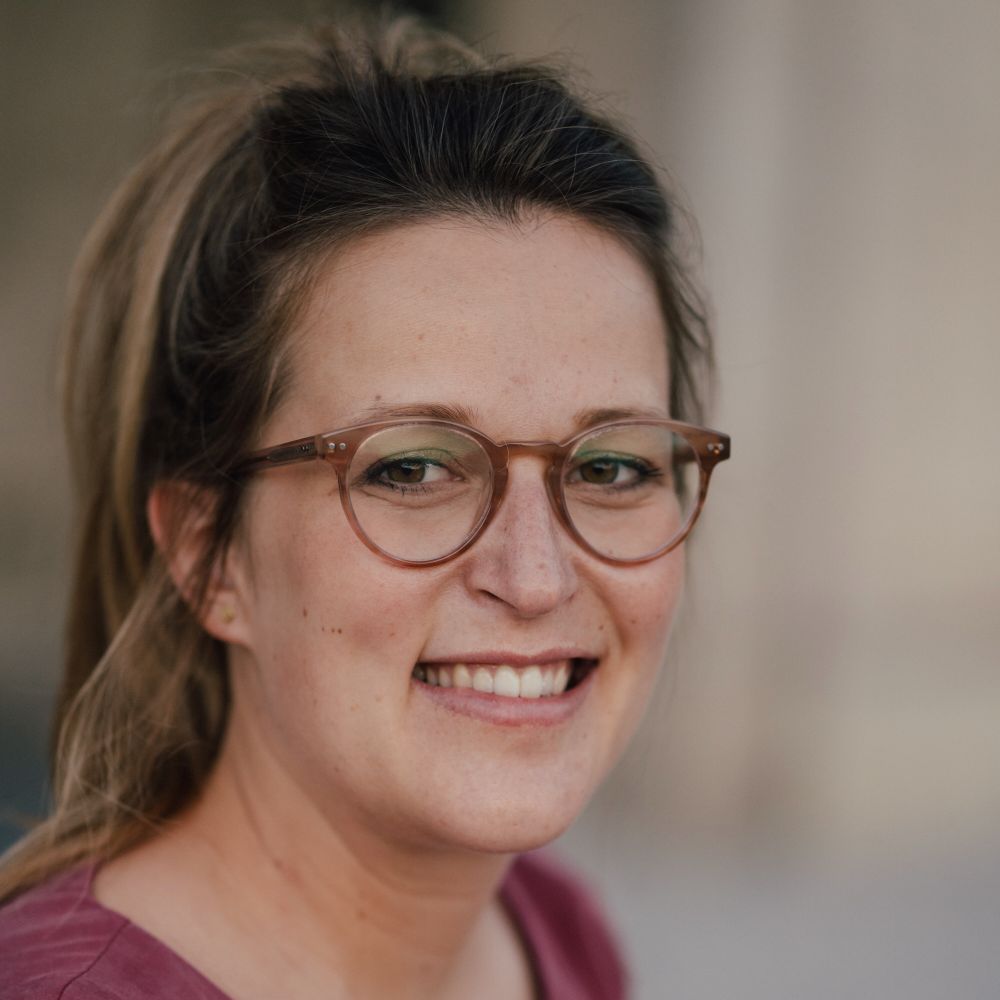
Fabienne Cantner
Verhaltensökonomin | Wissenschaftliche Mitarbeiterin an der Professur für Economics | Team Mobilität.Leben
Zur Person: Im Rahmen des Projekts Mobilität.Leben zeichnet sich Fabienne vor allem für die Konzeption, Durchführung und Analyse des Umfragedesigns verantwortlich. Fabienne ist Wissenschaftliche Mitarbeiterin an der Professur für Economics an der TU München. Hier forscht sie zur Rolle von Emotionen, Anreizen und Informationen in menschlichen Entscheidungsprozessen, insbesondere mit Blick auf nachhaltiges Verhalten. Nach Abschluss ihres Bachelorstudiums in Psychologie an der Universität Würzburg entschied sie sich für ein Masterstudium in Behavioral Economics and Game Theory an der Universität Amsterdam. Bevor Fabienne im November 2018 das Team um Prof. Dr. Sebastian Goerg verstärkte, sammelte sie praktische Erfahrungen in der verhaltensökonomischen Beratung sowie in unterschiedlichen Marktforschungsinstituten.
Die SpeakerSeries „Zukunft der Mobilität“ zum Thema „9EUR-Ticket | Halbzeitbilanz : Neue Impulse für die Mobilitätswende – was hat sich verändert und wie geht es weiter?“ wird in Kooperation mit dem Tagesspiegel Background-Team Mobilität und Transport organisiert. Tagespiegel Background: Künstliche Intelligenz, Daten, Blockchain, Plattformen: Mobilität wird digital – nicht erst seit dem Ausbruch der Coronakrise. Wo zukunftsweisende Lösungen für die Vernetzung von Verkehrsströmen gesucht werden, kommen Anbieter, Hersteller und die Politik nicht mehr an neuen Technologien vorbei. Damit Sie täglich optimal informiert sind gibt es Tagesspiegel Background. Jeden Werktag um 6 Uhr liefert Tagesspiegel Background Verkehr & Smart Mobility die wichtigsten Nachrichten und Analysen zu Verkehrspolitik, Regulierung, Digitalisierung der Mobilität sowie zur Verkehrswende. https://background.tagesspiegel.de/mobilitaet
